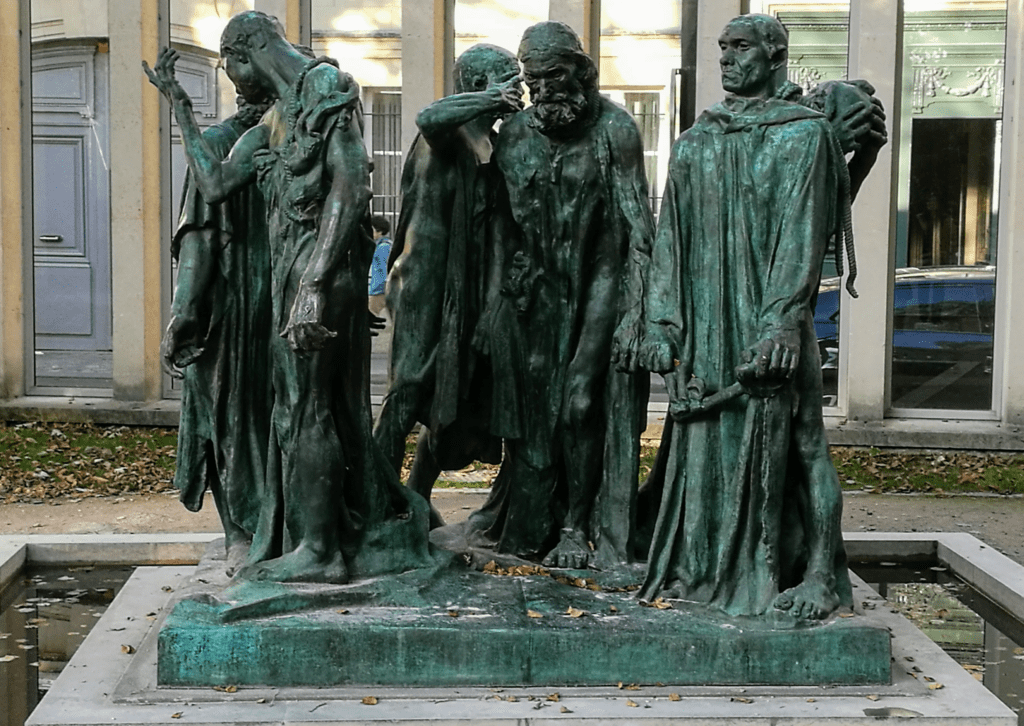Modern EU policies need the voices of the fourth sector

Traduit en français.
It’s good news that the European Commission is now considering the value and needs of Open Source in its policy deliberations. What’s not as good is that it does so through the wrong lens. The Commission needs to extend its consultations, Expert Groups and other work to include and consider the fourth sector.
Post-industrial society comprises three sectors in the worldview undergirding the European Union:
- The commercial sector includes industrial, extractive, service, logistic and administrative companies. They are represented by industry and trade associations, by consulting and lobbying companies and more.
- The labor sector includes workers of all kinds – industrial, skilled, research, educational, managerial, entrepreneurial and more. They are represented by trade unions, professional bodies, guilds and more.
- The consumer sector comprises everyone spending their personal wealth at all scales. They are represented by consumer associations, civil society organizations, religious organizations and more.
Internet changed everything
But the internet has driven change over the last 50 years from which has arisen the World Wide Web and hence the Open Source movement, which in turn have catalyzed many open culture movements related to technologies. The wave of open has produced many phenomena – good, bad and pending judgment – including the gig economy, open knowledge communities like Wikipedia and the Internet Archive, technology giants like Facebook and Google, open software stacks and supply chains and much, much more. The roles people play in this open wave do not fit comfortably into the three post-industrial sectors.
For example, an individual would be expected predominantly to fall within the consumer sector, with a section of their life represented in the labor sector. But an Open Source developer can be innovating and creating soft goods (commercial sector) which are assembled (commercial sector) or used (consumer sector) by others. A video streamer may be creating new copyrighted works of great value (commercial sector) that are widely viewed (consumer sector). An author or musician can now create their own compelling brand without becoming an employee of a publisher.
The fourth sector lacks representation
This introduces a new fourth sector. It comprises individuals, often connected and facilitated by ad-hoc or charitable communities, playing the roles of the commercial, labor and consumer sectors in varying mixes all at the same time. The fourth sector is poorly represented by the entities and roles associated with all three of the other sectors. That’s inevitable; each fourth sector role will fuse together an aspect represented and an aspect confronted by any of the entities and roles dedicated to the three traditional sectors.
This means that a consumer association won’t advocate well for Open Source developers because an aspect of their existence is classified as commercial. A streamer won’t be well represented by a trade union because they embody both consumer and commercial aspects. And so on. As a result, existing consultation mechanisms used by legislators are guaranteed to fail. When they try to deal with Open Source by expressing the understanding they have gained of proprietary software, they will keep causing collateral damage — as we have seen in the Cyber Resilience Act (CRA) and many times previously. The need will increase as regulation tries to control, account for or promote the activities of the fourth sector without consulting it.
One significant reason this has been happening for such a long time already is the lack of a term to use to raise the issue. That’s why I am proposing to call this sector of European society the “fourth sector.” It extends well beyond Open Source, covering any new, citizen-centric economic activity which is hard to have represented with only the existing commercial, labor and consumer lenses. Let’s tell the Commission and other governments that it’s time to care about the fourth sector, which is the driving force for all the changes they want to embrace — or control.
This article first appeared on Webmink in draft.
The post Modern EU policies need the voices of the fourth sector appeared first on Voices of Open Source.

Leave a Reply